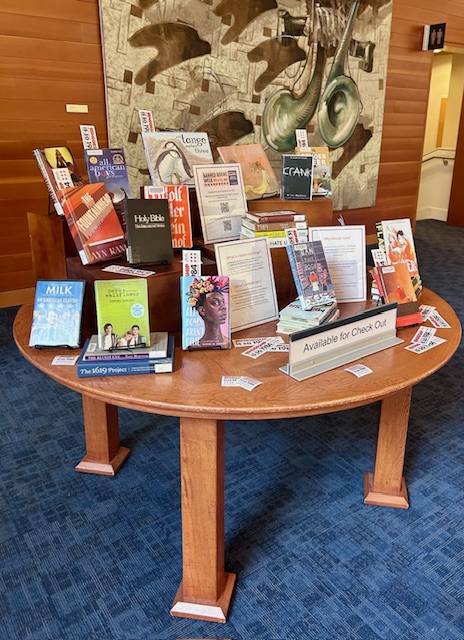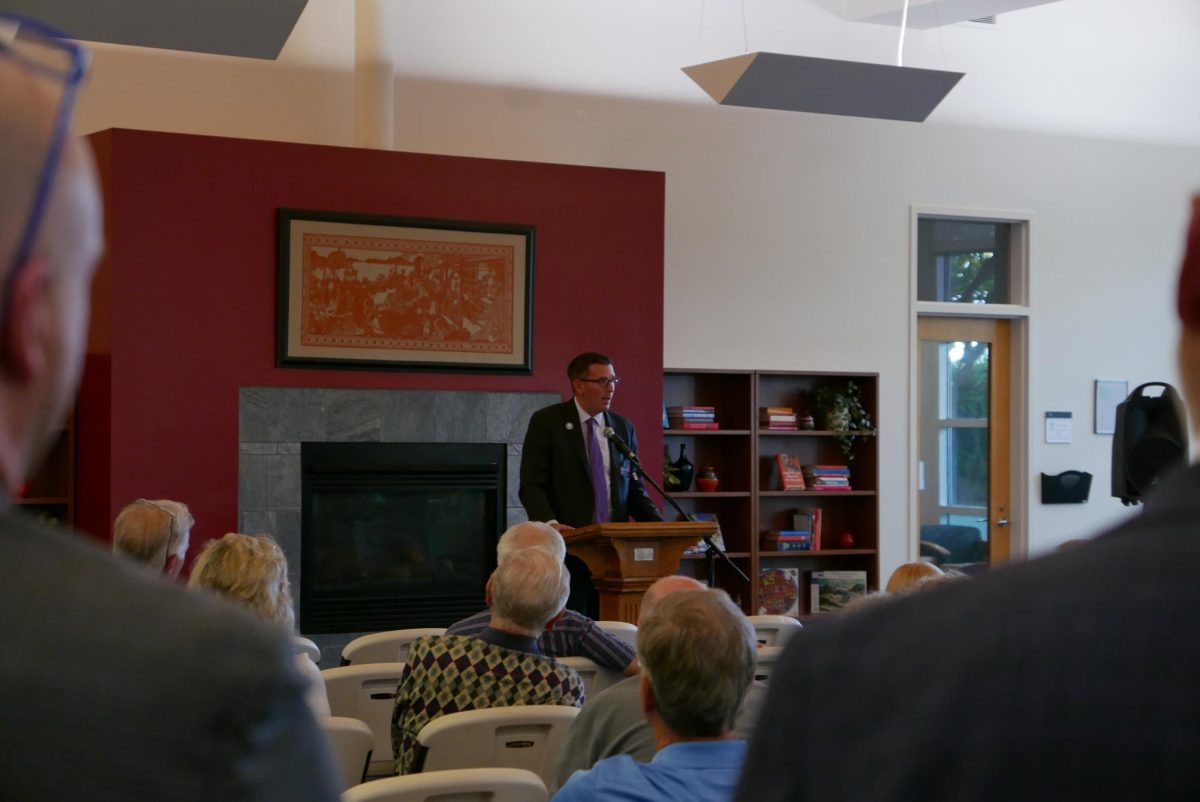Research scientist, author and psychology professor Douglas Gentile will give a lecture titled “It isn’t IS Brain Science: Media Violence as a Risk Factor for Aggression” discussing psychology theory and research that has demonstrated effects of media violence on children, teenagers and adults.
With over 25 years of research and experience with children and adults, he has written numerous articles for scientific journals regarding the problems with the U.S. media ratings system, the ways in which screen time is linked to obesity and Internet “addiction.”
Gentile was named one of the top-300 professors in the United States by the Princeton Review and was presented with the Distinguished Scientific Contributions to Media Psychology Award from the American Psychological Association in 2010.
“I’ll be discussing the newest research on media violence (including violent video games) on youth aggression,” Gentile said in an email. Gentile’s lecture will detail the ways in which research and public understanding can go beyond the black and white depiction of violent media as good or bad.
“Unfortunately, when the issue is framed as one of values, (‘are games good or bad?’) we miss the point. Using a public health risk and resilience framework, however, helps us get beyond this dichotomous thinking and to see the subtleties inherent in the issue,” Gentile said in an email.
Gentile attributes this “dichotomous thinking” to the political status quo, writing that “In the current highly polarized political environment, even scientific studies have gotten drawn into the polarized debate. This is baffling to me, because the data are what the data are.”
When asked how media violence affects college-age students, “It is a risk factor for developing aggressive scripts, attitudes, beliefs, and ultimately behaviors. That said, it’s just one risk factor. It’s not the largest, nor is it the smallest. It also competes with protective factors, of which college students have many,” Gentile said.
Gentile has co-authored various research articles, including some with Linfield professor of psychology Jennifer Linder.
Their research includes the effects on school performance and aggression levels of adolescents who play video games, the validity of current television ratings, and relational aggression levels of college women.
Additionally, they worked with Linfield undergraduates on research regarding college women’s perceptions of themselves based on retouched pictures.
Linder commented on how Gentile’s PLACE-sponsored event is linked to the program’s theme, “Legacies of War,” and said, “Research on the effects of video game violence informs the military, who use video games to train soldiers.”
She went on to say that “The effects of media violence are some of the most misunderstood concepts by the public.” Linder stressed that efforts such as Gentile’s research are vital in examining the nature of violence and aggression in conflict-resolution, such as war.
They have a “wonderful professional relationship,” Linder said, who began working with him as a graduate student and cites him as the one who inspired her to study media.
“Jennifer is one of my favorite people in the world. I’ve been working with her since she was a graduate student and I was Director of Research at a non-profit institute studying media’s effects on children. She is a clear thinker and a fantastic writer,” Gentile said in an email.
Gentile’s talk will be held at 7:30 p.m. Oct. 21 in Ice Auditorium
Helen Lee / Photo editor
Helen Lee can be reached at [email protected].






